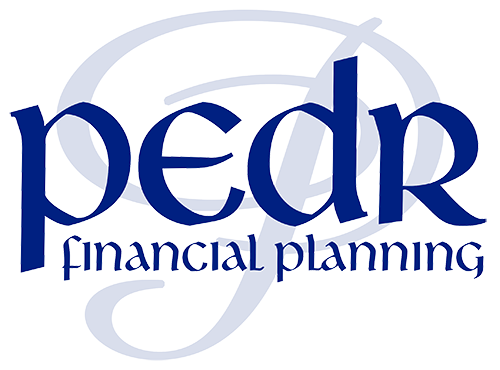Once their mortgage application has been accepted in principle, the borrower may have the option of deciding how they repay their loan: on a ‘capital and interest’ basis, on an ‘interest-only’ basis, or as a combination of these two.
Capital and interest mortgages
An arrangement where part of the monthly repayment is used to pay the interest and the remainder is used to reduce the original amount of the loan. In the early years of the mortgage, most of the monthly repayment goes towards paying the interest; in later years, the interest charges diminish and more of the repayment is available to reduce the loan amount.
Interest-only mortgages
All of the monthly repayment (which will be lower than a capital and interest repayment) is used to pay the interest on the loan, and therefore the capital does not reduce.
Lenders require evidence that a customer will have in place a clear, credible repayment strategy and that the repayment strategy has the potential to repay the capital borrowed.
Repayment strategies may include deposits or investment product(s), pension(s), periodic repayment of capital from irregular sources of income (i.e. bonuses), the sale of another property or other land, or other acceptable methods which meet lending criteria.
Where the repayment of capital is an investment, the investment runs alongside the mortgage but is separate from it. The cost should be taken into account when calculating the overall costs of the mortgage arrangement.
Once their mortgage application has been accepted in principle, the borrower may have the option of deciding how they repay their loan: on a ‘capital and interest’ basis, on an ‘interest-only’ basis, or as a combination of these two.
Capital and interest mortgages
An arrangement where part of the monthly repayment is used to pay the interest and the remainder is used to reduce the original amount of the loan. In the early years of the mortgage, most of the monthly repayment goes towards paying the interest; in later years, the interest charges diminish and more of the repayment is available to reduce the loan amount.
Interest-only mortgages
All of the monthly repayment (which will be lower than a capital and interest repayment) is used to pay the interest on the loan, and therefore the capital does not reduce.
Lenders require evidence that a customer will have in place a clear, credible repayment strategy and that the repayment strategy has the potential to repay the capital borrowed.
Repayment strategies may include deposits or investment product(s), pension(s), periodic repayment of capital from irregular sources of income (i.e. bonuses), the sale of another property or other land, or other acceptable methods which meet lending criteria.
Where the repayment of capital is an investment, the investment runs alongside the mortgage but is separate from it. The cost should be taken into account when calculating the overall costs of the mortgage arrangement.
Read less







